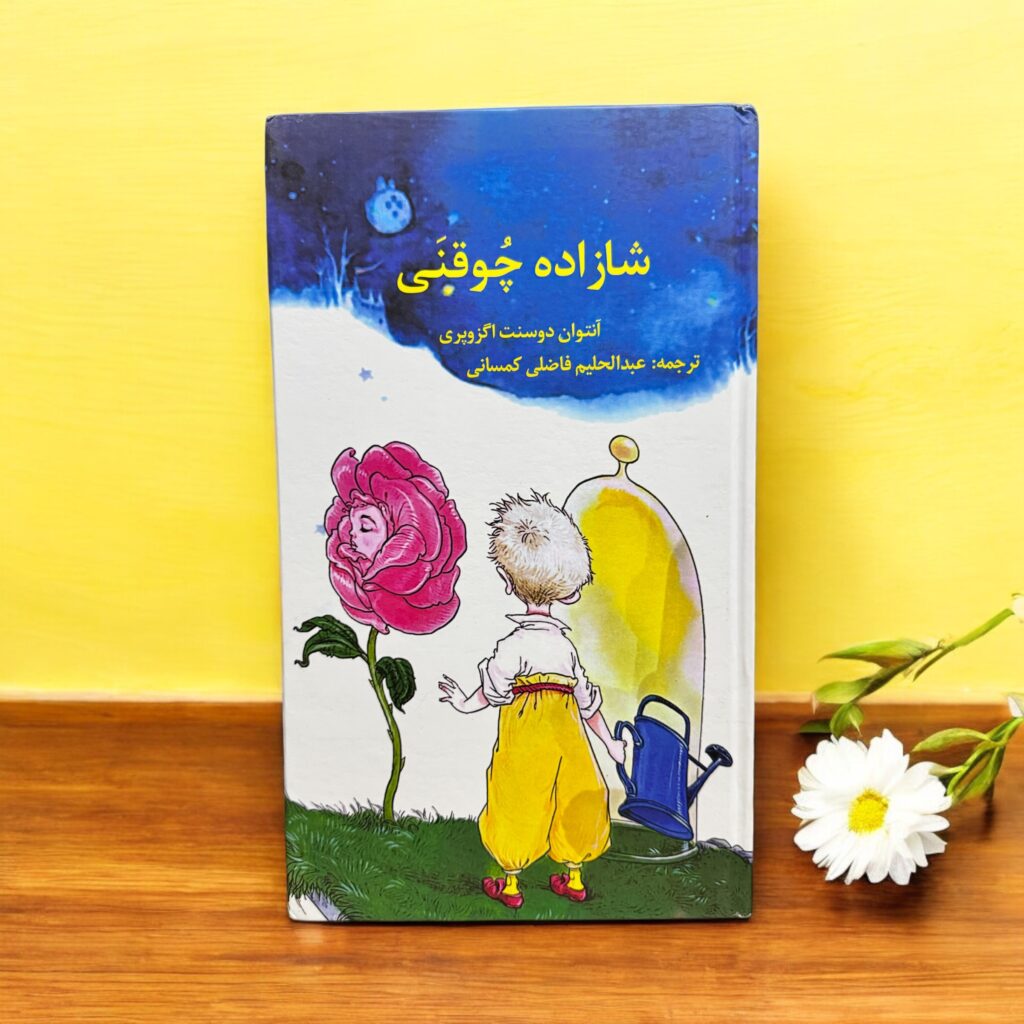
Hazaragi is a dialect of the Persian language spoken by the Hazara people, primarily in central Afghanistan. It is part of the Western Iranian group of the Indo-Iranian branch of the Indo-European language family
Hazaragi has distinctive phonological features and vocabulary that set it apart from Standard Persian. It has retained older Persian forms and includes many loanwords from Mongolic languages due to historical influences. It also has some unique phonetic shifts and local expressions. Due to historical interactions, Hazaragi has been influenced by Turkic and Mongolic languages, particularly during the Mongol Empire’s rule. This influence is evident in its lexicon and phonetics.
The Hazara people are primarily Shi’a Muslims and are considered one of Afghanistan’s major ethnic groups. They predominantly inhabit the Hazarajat region in central Afghanistan, including provinces like Bamyan, Ghazni, and Daykundi. They are believed to be descendants of the Mongol soldiers of Genghis Khan who settled in the region during the 13th century. This Mongol heritage is reflected in their physical features, culture, and language. Historically, the Hazara people have faced significant persecution and marginalisation. During the late 19th century, they were subjected to severe repression and forced migrations under the rule of Emir Abdur Rahman Khan. These historical events have deeply impacted their cultural and social identity.
Hazaragi is closely related to Standard Persian, Dari, and Tajik: sharing much of its grammar and core vocabulary. However, Hazaragi’s distinct phonological features and unique vocabulary give it a distinct identity. As part of the Western Iranian language group, Hazaragi shares linguistic features with other Iranian languages such as Kurdish, Balochi, and Pashto, though it remains closer to Persian.


